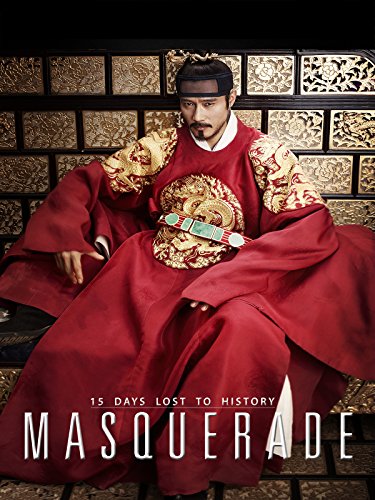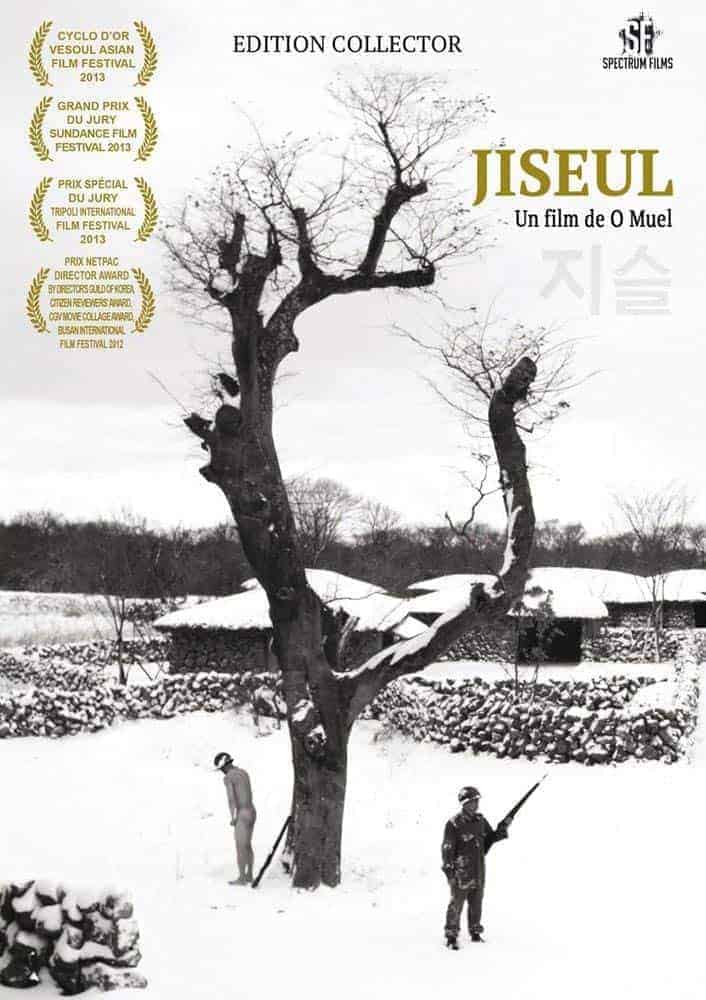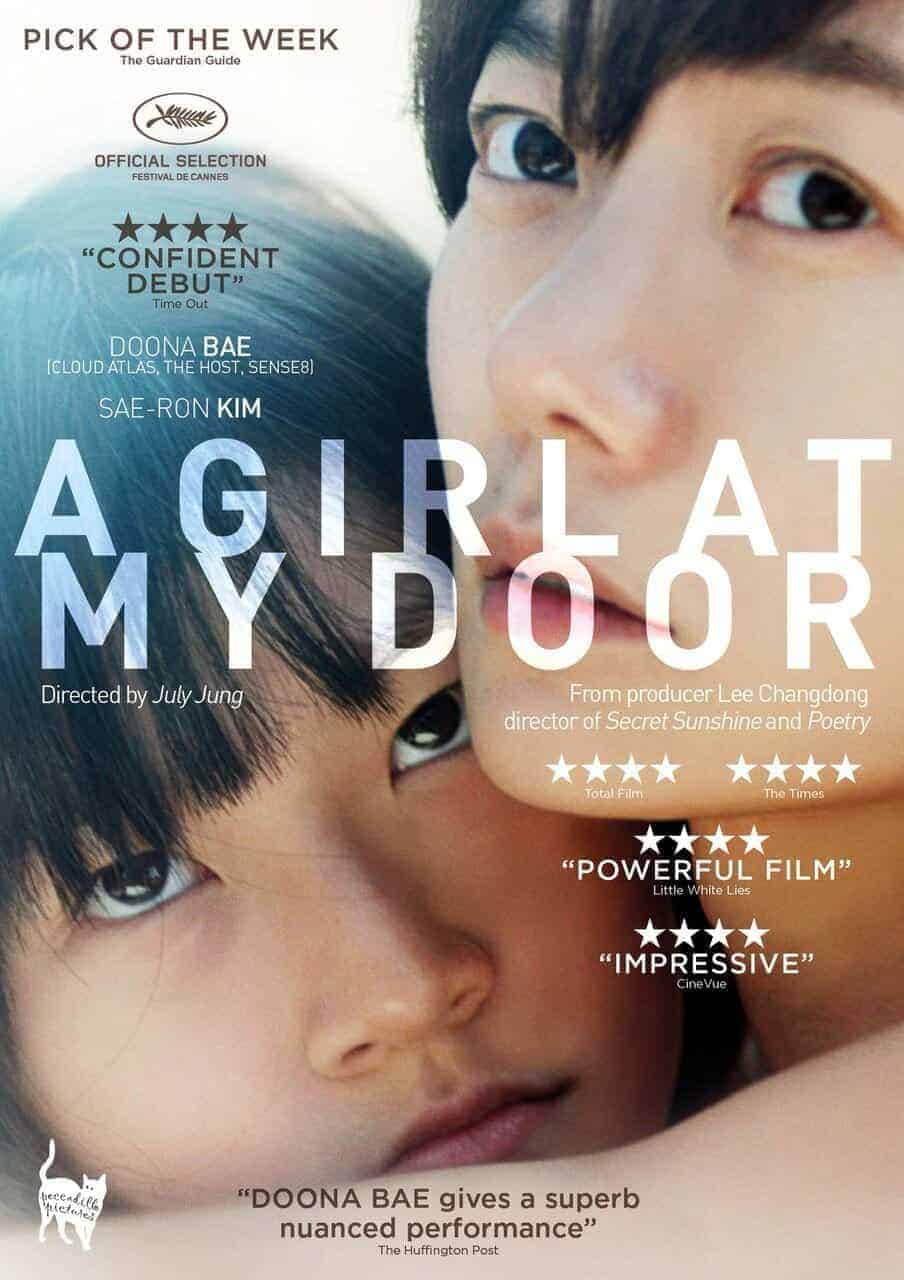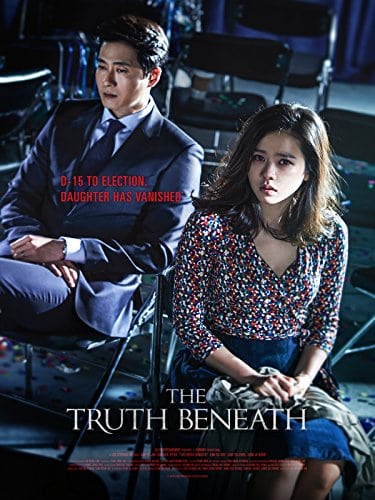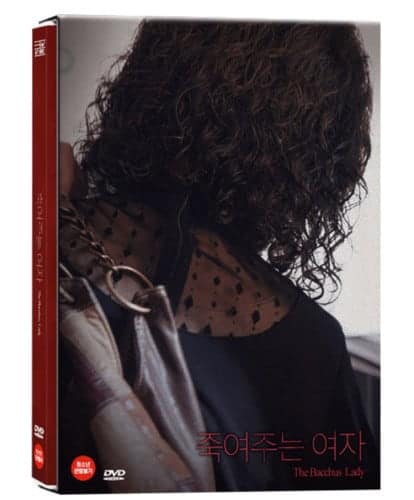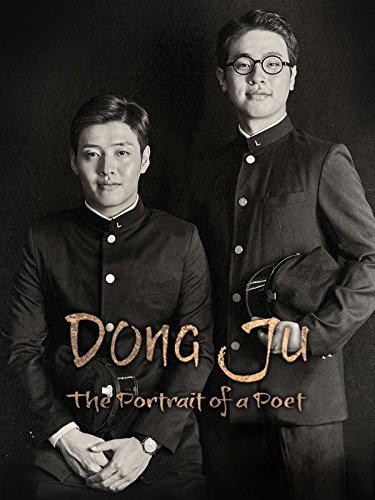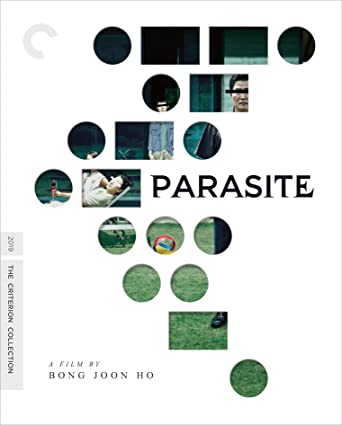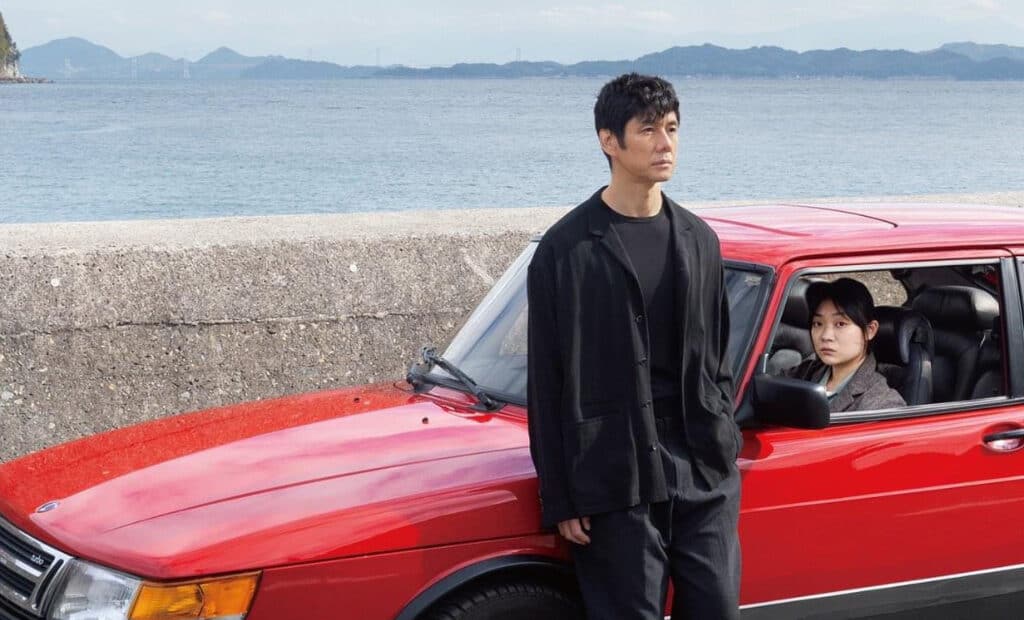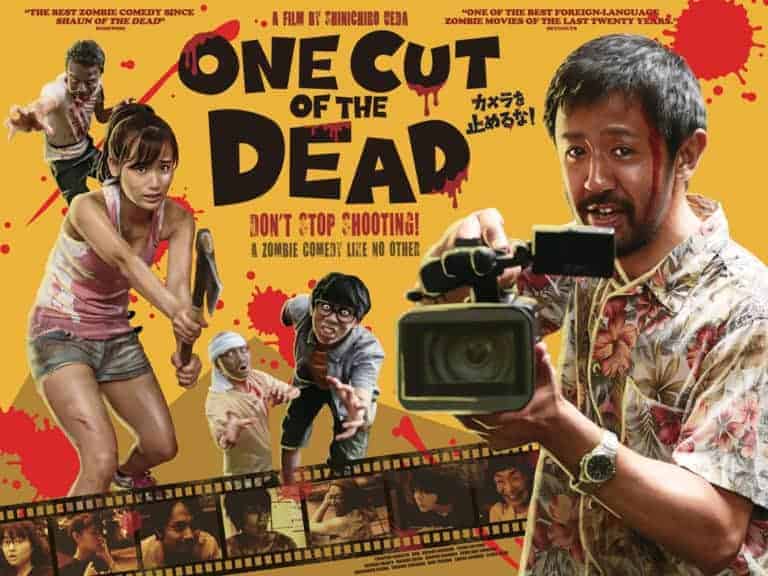81. The King of Pigs (Yeon Sang-ho, 2011)
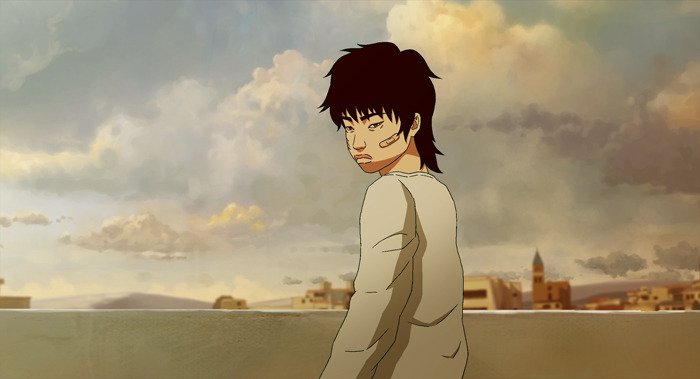
“Hell, Two Lives”, and “Love Is Protein” (from “Indie Anibox : Selma’s Protein Coffee”) director Yeon Sang-ho’s first long animation, targeted to adults about the cruelty of reality and human nature.
Following on the success of “Leafie, A Hen Into The Wild”, which broke the box office record for Korean animation, selling over 2 million tickets, “King of Pigs” offers yet another kind of meaningful film in Korean animation history. Director Yeon Sang-ho has worked on his own since 1998 and made this, his feature debut, with a budget of only $150,000. Unlike most commercial animated films, it targets strictly adults, being a cruel thriller about two middle school friends reunited 15 years after graduation. The film reveals a shocking story of bitter doom and gloom and the grim visual style goes with it. Voice actors’ performances and animation work are impressive. The film also casts a serious and critical view on social issues as well. It goes without saying that Pig characters are the personification of us in the modern society. (JEON Chanil)
82. Children… (Lee Kyoo-man, 2011)
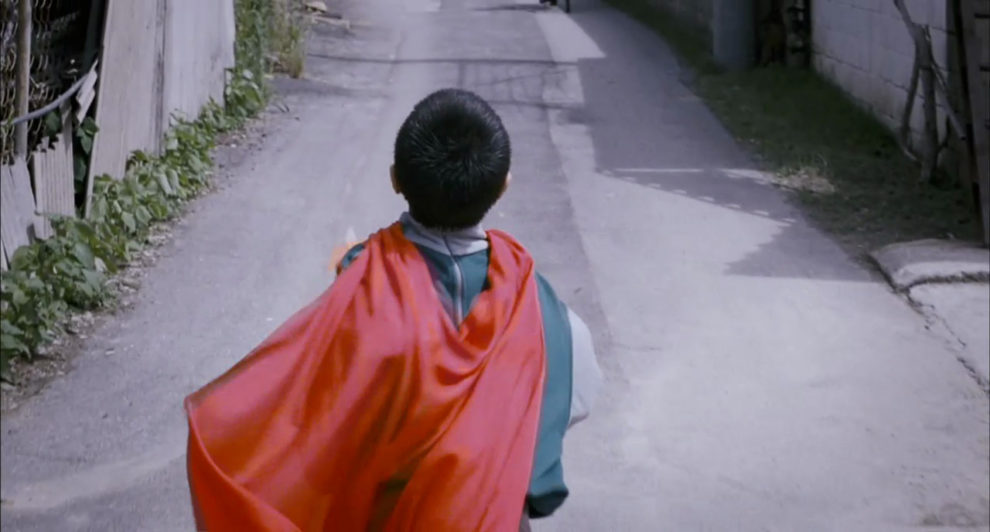
Despite being released in 2011, the production manages to perfectly encapsulate 1991’s rural South Korea, as if the movie was shot that same week. This gives it a certain extra pull, using modern techniques and storytelling, without diverting too much from what the story originally must have felt like. Besides that, the screenplay by Lee Kyu-man and Lee Hyeon-jin is surprising in one defining way. Split through the middle, both halves feel like completely different movies. Both good, but entirely different. (Reinier Brands)
83. Masquerade (Choo Chang-min, 2012)

The one key element at the centre of all these characters and their interactions and the reason for them working so well is the incredible performance from Lee Byung-hun as both Gwang-hae and Ha-seon. Interestingly, Lee was not the first choice for the role but seeing the finished product now, it is difficult to believe that it would have worked as well in any other hands but Lee’s, for who this was the first period piece. The duality that he brings to both characters is fascinating, making them both feel completely different people despite their identical appearances. If there’s something kingly about his scenes as Gwang-hae and even as Ha-seon pretending to be Gwang-hae in the court scenes, there is a completely different warmth when he talks to his food taster Sa-wol, a bashfulness when he talks to the Queen or a charming naivety when he’s being schooled by Heo Gyun. For an actor with such an illustrious filmography, his performance here stands heads and shoulders above anything else he’d done up to that point and, dare I say it, still sits right at the top (joint with maybe one another work of his) as the very best. (Rhythm Zaveri)
Watch This Title
84. New World (Park Hoon-jung, 2012)
A detective infiltrates into one of the biggest gang organizations in the country and gets involved in a fight for the heir to the gang after the boss dies and in between the second in charge who trusts him with his life and the high police officials who think of him only as bait.
85. Pieta (Kim Ki-duk, 2012)
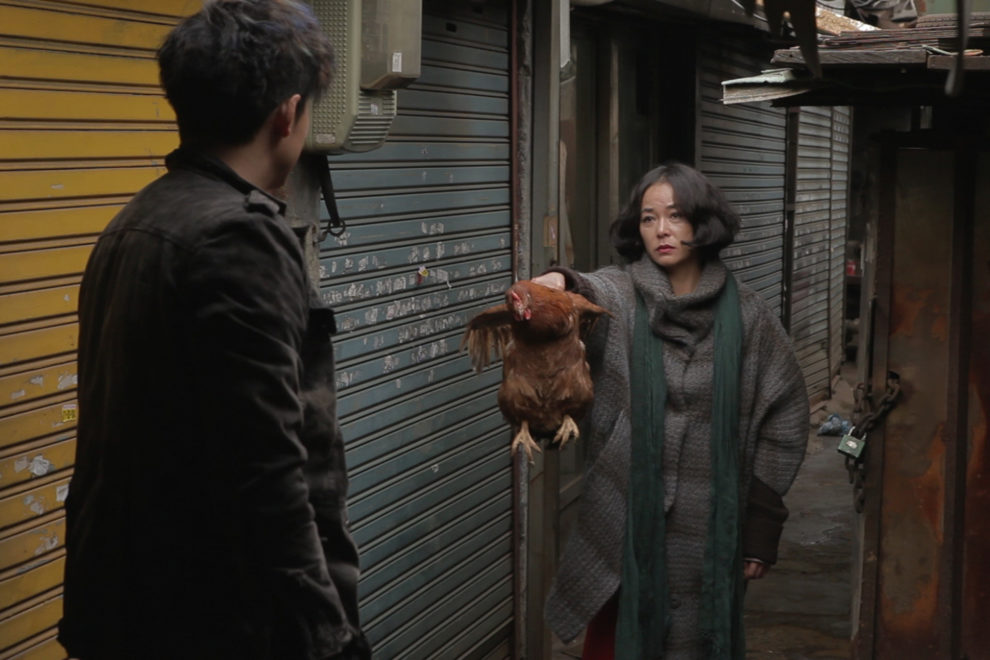
Kim directs the movie with a biblical poetry that makes the more agonising aspects – the rape, the violence, the incestual undertones – much easier to digest, as at least he offers up some meaning to it all (which arguably can’t be said about all of his movies). The story is very well-told, and easy to follow, narratively and thematically, with Kim expertly guiding us through the story, and making us feel for each of his characters, even those we desperately want to hate. (Luke Georgiades)
Buy This Title
86. Han Gong-ju (Lee Su-jin, 2013)
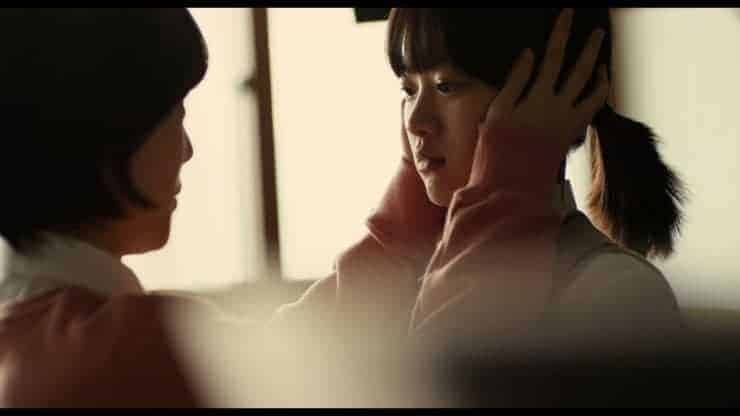
Lee Su-jin in his debut directs and pens a powerful, touching and occasionally brutally realistic film. His strongest point is the depiction of the protagonist, with DP Hong Jae-sik’s camera following her from a very close distance, drawing the spectator deeper and deeper in her world, in a style that occasionally includes documentary-like elements.
Buy This Title
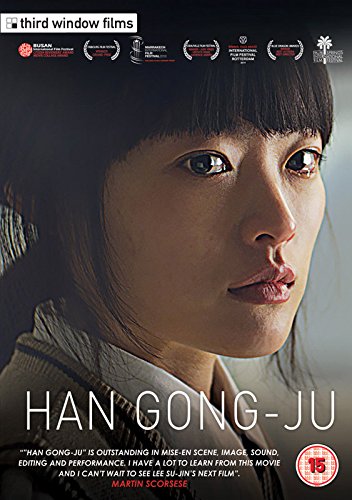
87. Jiseul (O Muel, 2013)
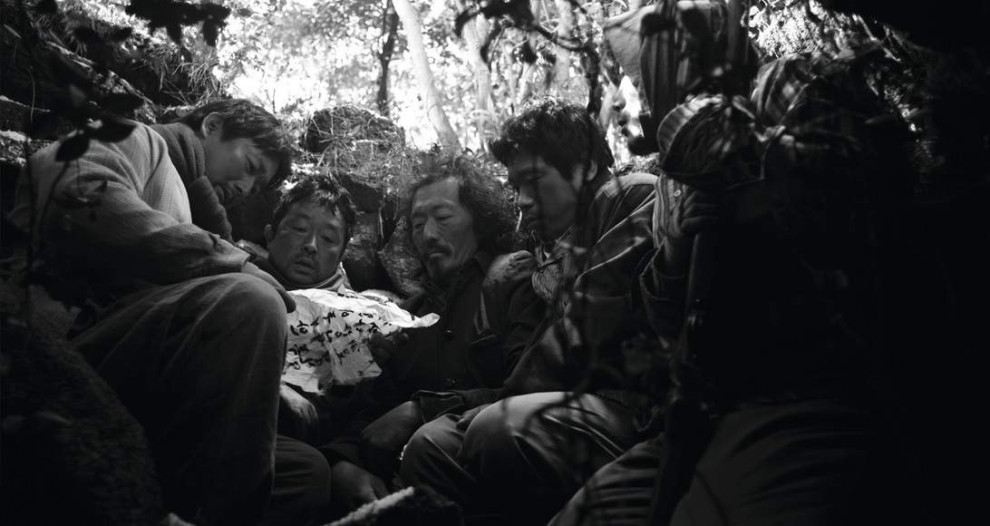
O Muel, a Jeju local himself, used mostly non-professional actors from the island for the cast, who actually speak a different language than the soldiers, who use the “Seoul” dialect. Furthermore, jiseul is a word specific to the island meaning potato, whose farming has a significant part in the narrative. This approach succeeds in two fronts: as a tribute to the locals lost in the incident, and in the utterly realistic presentation of both the area and its inhabitants. The second aspect extends to the ways of the locals, which are actually very similar to those of every small (and secluded) society, including an intense sense of comradeship, but also extreme gossip and quite crude humor, mostly focusing on mocking. The acting part also moves towards this direction. (Panos Kotzathanasis)
Buy This Title
88. Moebius (Kim Ki-duk, 2013)
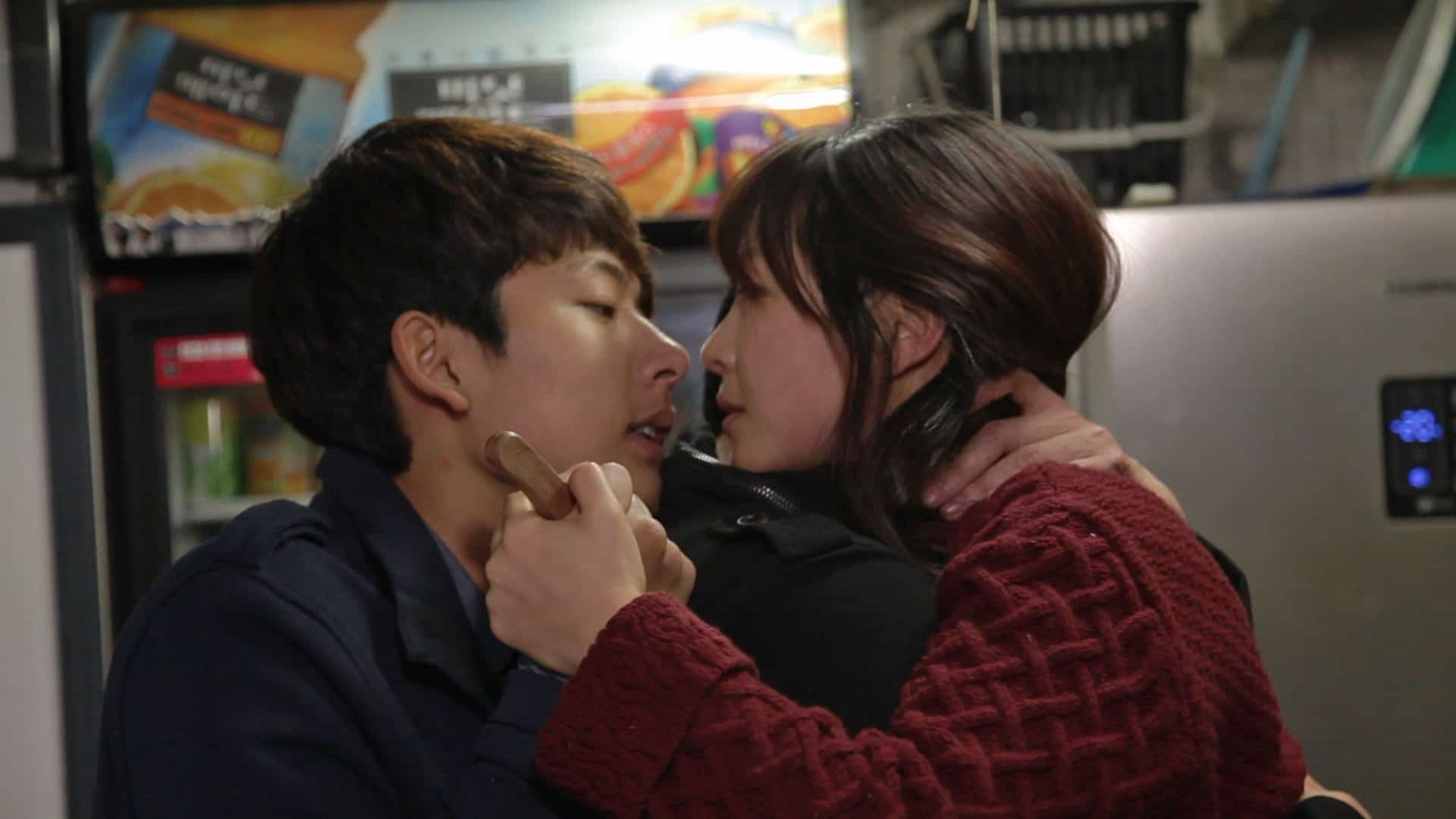
Kim’s obvious purpose was to shock his audience and he definitely succeeded in doing so. Almost every onerous notion is present in “Moebius”, including self-torture, misogynism and Oedipal inclinations. Adding to the sense of perversion erupting from the movie is the almost complete absence of dialogue, a tactic meant to force the spectator to focus on the very graphic images, with Kim’s own cinematography pulling no punches in the depiction of all the horrid events, in any way. However, behind the shock element, hide some very pointy remarks regarding the contemporary society and the way it deals with issues of sexuality, infidelity and insanity, presented through Kim’s unique narration style. (Panos Kotzathanasis)
Buy This Title
89. A Girl at My Door (July Jung, 2014)
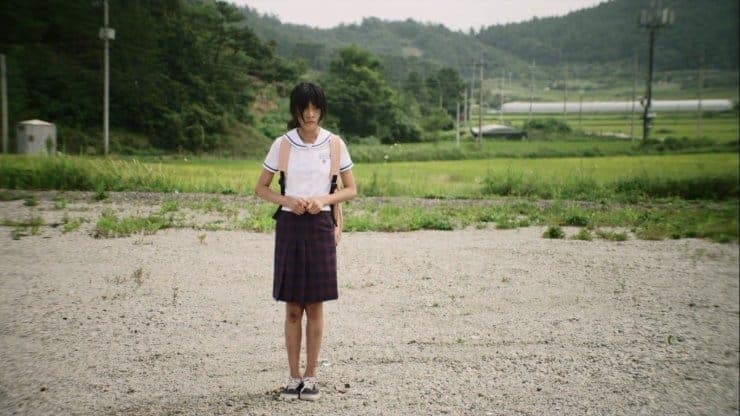
Subsequently, the characters that earn the viewer’s heart are the secondary ones. These are the immigrants and specifically the police officers who appear to be non-corrupt – a rare occasion for Korean films. In this fashion, the most heart-warming scene is the one in temporary cells in the police station. In this scene, the tearful eyes of a beaten and blood-covered illegal immigrant as soon as he sees Young-nam, speak volumes. (Maria Georgiou)
Buy This Title
90. The Handmaiden (Park Chan-wook, 2015)
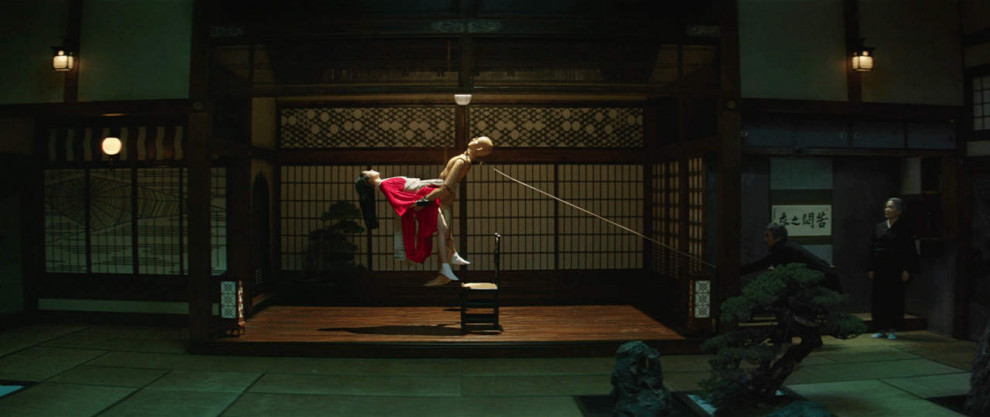
Through the extremity of the story, Park manages to present a number of social messages, once more. Trust is one of the most central, in its antithetic forms, the first being retaining it and the second losing it. Vulnerability, which can become a flaw or a weapon, depending on the circumstances. The fact that being rich can actually lead to some kind of imprisonment, with the only solution towards freedom being to leave it all behind. The effort people take sometimes in order to present a facade more appropriate to their status and their circumstances. The virtues of patience and intelligence that have to be injected with perception and cunning in order to flourish. Lastly, the crookedness of the world of the extremely rich, which is filled with crookedness and perversion, even more than the actual crime world.
Buy This Title
91. I am Trash (Lee Sang-woo, 2015)

Three grown sons have struggled to achieve some sort of normal routine after their father was sent off to prison for sexual assault on an underaged girl. Their lives are thrown into radical disarray when Dad finishes his time and returns to the family home. The fact that the victim’s father is awaiting the return outside their door with a knife is certainly not any help to their situation… but it’s not like things are going so well otherwise, with the three sons, a virtual compendium of sexual dysfunctions in their own right.
92. Right Now, Wrong Then (Hong Sang-soo, 2015)
A movie director happens to encounter a woman, who is a painter, and has a dinner with her. And things begin to happen between the two from there.
93. The Truth Beneath (Lee Kyoung-mi, 2015)
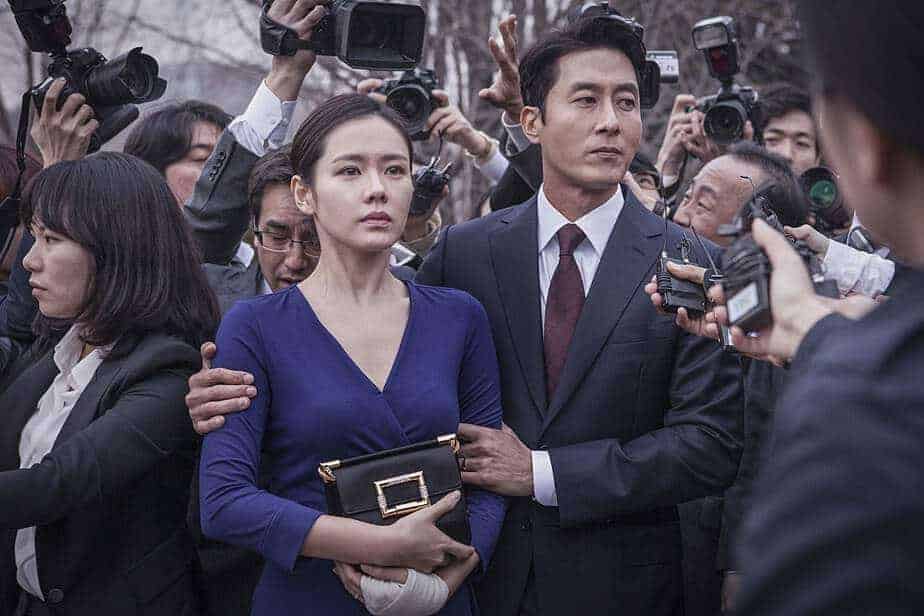
Yeon-hong is married to Jong-chan and they have a teenage daughter Min-jin. Jong-chan worked as an announcer, but he is about to run for election as a National Assembly member. Yeon-hong is enthusiastic to help her husband’s election campaign. On the first day of Jong-chan’s campaign, their daughter Min-jin goes missing. Yeon-hong becomes desperate to find Min-jin. She is also devastated by her husband and those around him worrying more about his election campaign. Yeon-hong begins a frantic search for clues on her daughter’s disappearance.
94. Asura: The City of Madness (Kim Seong-su, 2016)

Since the film is largely based on its characters, the acting plays a rather significant role. Jung Woo-sung is great as detective Han, presenting a character that explodes under the pressure that comes from every aspect of his life. The fact that an actor who is frequently cast in the role of the “lover” has his image utterly trashed was a bold move, but he delivered to the fullest. Hwang Jun-min as Mayor Park once more steals the show, this time in the role of the villain, which seems to suit him perfectly. I dare say that his performance reminded me of Robert De Niro in his gangster movies. Kwak Do-won is also great as the “legitimate criminal,” with his acting in the final sequence being the highlight of his performance. Jeong Man-sik as Do Chang-hak, and Ju Ji-hoon as Moon-sun Mo provide some great secondary characters, with the latter’s transformation to a hardcore criminal being quite impressive. (Panos Kotzathanasis)
Buy This Title
95. The Bacchus Lady (Lee Jae-yong, 2016)
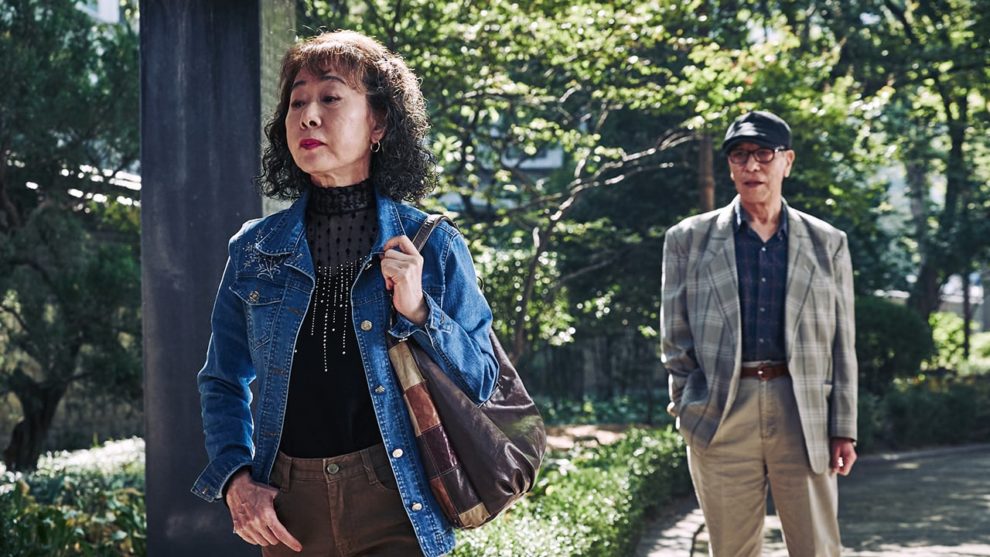
Lee Jae-yong strikes a good balance of light-heartedness and dark social criticism here; however, there is a clear point in the movie where the focus shifts particularly into cynicism, and really drives the established themes of loneliness, death, regret, and the need for atonement, home. This shift works, though, as the camerawork always remains clean, quiet, and passive, the colour palette of the film quite bright, and the score emotionally unbiased. Many films hammer home a certain style and tone to convey their themes, dark and gritty visuals for their cynical narrative, and that works fine, but it is refreshing that Lee Jae-yong relies primarily on the narrative and characters themselves to convey the meaning of the movie rather than flood the frame with heavy tones and styling. As a result, “The Bacchus Lady” comes across as essentially bittersweet, almost like a great Koreeda film does. (Luke Georgiades)
Buy This Title
96. Merry Christmas Mr Mo (Lim Dae-hyung, 2016)
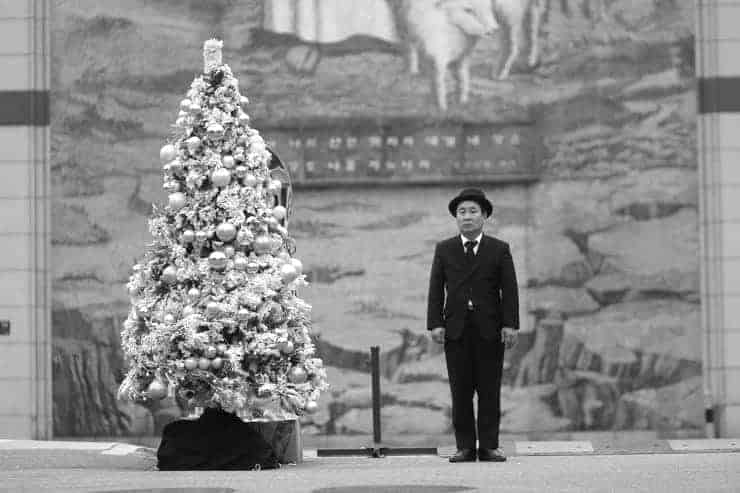
This is a story about a death row man named Mr. Mo GumSan, his son Stephen aspiring to become a movie director and his girlfriend Yewon traveling around together shooting a silent movie parodying Charlie Chaplin. (IMDB)
97. The Wailing (Na Hong-jin, 2016)

Within a seemingly peaceful village, a plague of mysterious & violent deaths suddenly take place. The police conclude poisonous wild mushrooms are the cause of the deaths. Police Officer Jong-goo hears a rumor from a coworker about a mysterious Japanese man living nearby. The rumor fingers the Japanese man as the man causing these mysterious & violent deaths. Jong-goo, while on duty, meets Moo-myeong. She tells Jong-goo that she saw the Japanese man where the last deaths took place. Jong-goo’s doubts about the man begin to waver. Jong-goo’s daughter Hyo-jin then comes down with the crazed symptoms similar to what the other villagers had before their deaths. Jong-goo becomes desperate. He heads out into the mountains to find the old Japanese man’s home. Meanwhile, his mother-in-law calls in a shaman, Il-gwang, to perform an exorcism on Hyo-jin. Death lingers in the air.
98. Dongju: The Portrait of a Poet (Lee Joon-ik, 2016)
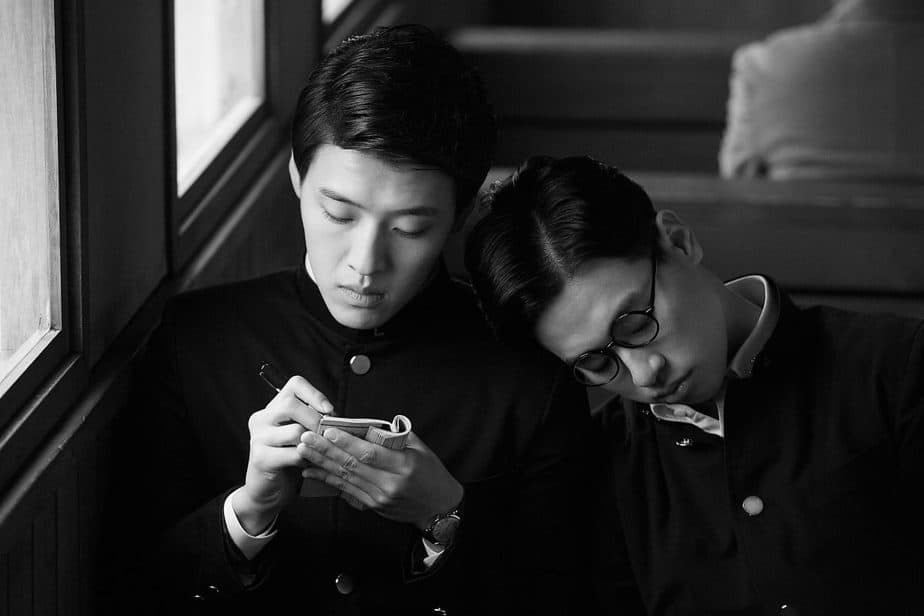
Lee Joon-ik directs a film that moves in two axes. The first one is in the present, when Yun Dong-ju is interrogated by the Japanese, regarding his and Song Mong-kyu’s actions. The second axis unfolds in the past, as it describes the events that led to their arrest. In an elaborate practice, the two axes mirror each other, with the past one appearing according to the questions of the interrogation. Furthermore, Yun’s poems, most of which are autobiographical, are also narrated according to the corresponding event appearing on screen. The synchronisation of all the above is one of the film’s biggest traits and finds its apogee in a sequence during the end, where scenes of both Yun and Song alternate in magnificent fashion. Consequently, the editing is masterful, despite the difficulty the narration presented. (Panos Kotzathanasis)
99. A Taxi Driver (Jang Hoon, 2017)
The movie depicts stories about a taxi driver, who accidentally went to Gwangju in 1980s, amid the May 18th Democratic Uprising against Military Regime.
100. Burning (Lee Chang-dong, 2017)
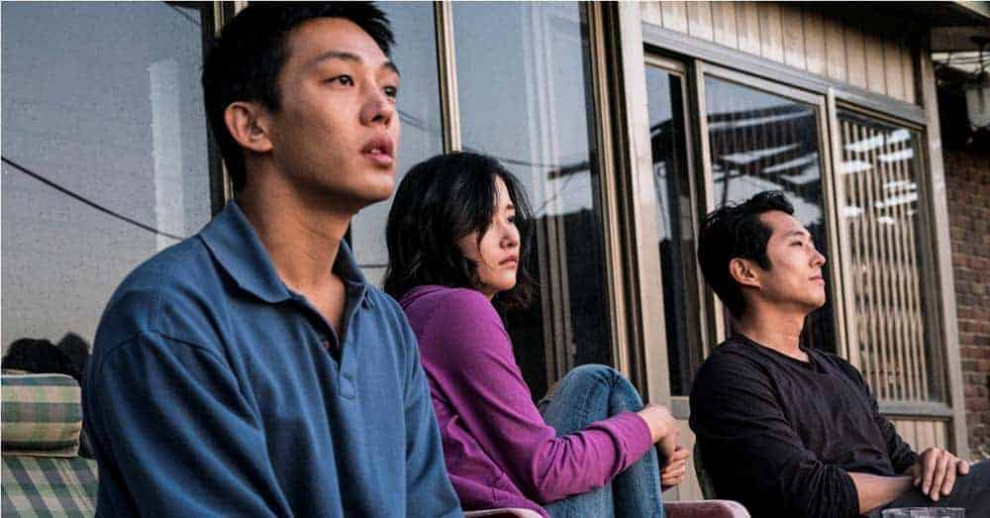
Lee Chang-dong and co-scriptwriter Oh Jung-mi have blended two novels from different eras and countries, embedded them in a bona fide South Korean contest and succeeded in creating a beautiful, contemporary and at the same time universal metaphor of youth discomfort.
Buy This Title
101. Parasite (Bong Joon-ho, 2019)
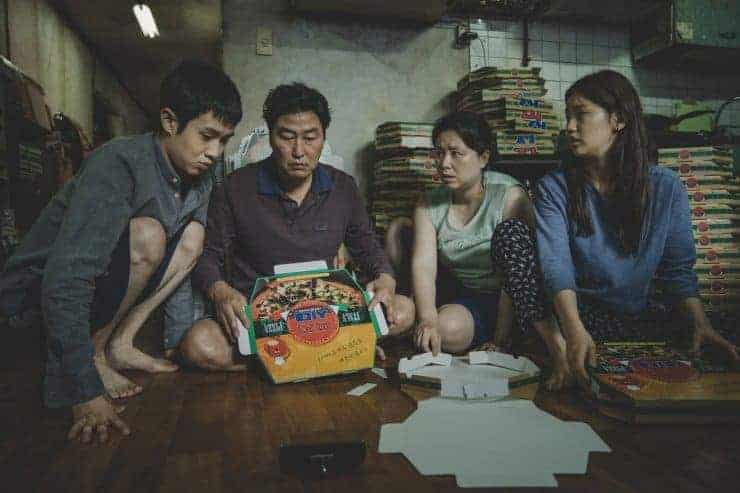
The main one, however, revolves around the three (according to Bong) different levels of the hierarchy of (Korean) society. The rich, the poor, and the “invisible” ones – the ones lurking outside society, in essence. This “caste” system actually forms the main axis of the narrative, with the majority of events and comments in the film deriving from it. The fact that the poor want to take the place of the rich only to put some other people in the place they used to be is one. The way the two different castes perceive each other (the smell factor is a cruelly realistic one) is the second. The fact that nothing changes regarding social and financial place, as poor are just replaced by other poor waiting to be exploited by the rich, who seem to have reserved their status in perpetuity, is the third one. The fact this perpetual injustice is bound to lead to violence, which in itself, leads nowhere though, is the fourth. (Panos Kotzathanasis)


